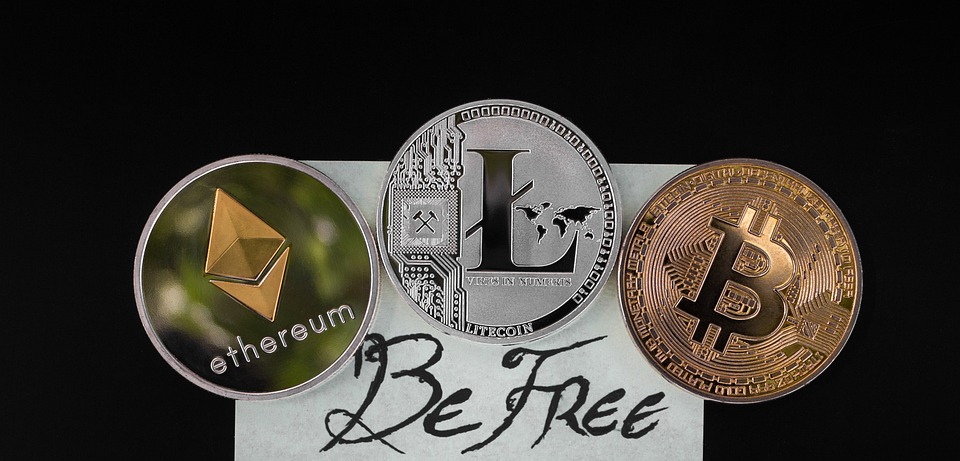Introduction
As digital technologies continue to evolve, the financial and legal landscapes are witnessing a profound transformation. At the forefront of this change is the concept of smart contracts, which leverage blockchain technology to automate and enforce agreements without intermediaries. While smart contracts offer numerous advantages—such as increased efficiency, reduced costs, and enhanced security—they also raise significant legal questions and challenges. This article explores the intersection of smart contracts and the law, highlighting the legal protections available for online transactions.
What Are Smart Contracts?
Smart contracts are self-executing contracts with the terms of the agreement directly written into code. They run on blockchain networks, ensuring that transactions are immutable, transparent, and securely logged. This technology enables parties to automate the performance of contracts, reducing the risk of breaches and disputes through built-in enforcement mechanisms.
For example, in a real estate transaction, a smart contract could automatically transfer ownership of a property upon receiving payment, removing the need for traditional escrow services. This innovation is set to reshape how contracting operates across various sectors, from finance to supply chain management.
Legal Framework for Smart Contracts
1. Enforceability
One of the primary legal questions concerning smart contracts revolves around their enforceability. Traditional contracts require certain elements—offer, acceptance, consideration, and the intention to create legal relations. While smart contracts can embody these elements, their digital nature raises concerns about how courts will interpret such agreements.
In many jurisdictions, courts are gradually recognizing the enforceability of smart contracts. For instance, the Uniform Electronic Transactions Act (UETA) and the Electronic Signatures in Global and National Commerce Act (ESIGN) in the United States provide a legal foundation for electronic agreements, equating them to their paper counterparts. However, the diversity in laws across states and countries means that legal recognition can vary significantly.
2. Regulatory Compliance
Smart contracts often operate in industries that are heavily regulated, such as finance and healthcare. Compliance with these regulations is critical to ensuring that transactions are not only legal but also ethical. For example, in the finance sector, smart contracts facilitating trading activities must comply with securities laws, anti-money laundering (AML) regulations, and know-your-customer (KYC) requirements.
Regulatory bodies worldwide are beginning to develop frameworks to address the implications of smart contracts. The European Union, for example, has initiated discussions on how to incorporate blockchain technology into its regulatory schema, including the Markets in Crypto-Assets (MiCA) proposal that aims to provide a cohesive regulatory environment for cryptocurrency and related technologies.
3. Dispute Resolution
Despite their automated nature, disputes can arise in smart contracts, such as when the code fails to execute as intended or when parties disagree on the interpretation of the contract’s terms. Traditional dispute resolution mechanisms may be ill-suited for resolving issues arising from smart contracts due to their complexity and lack of human interpretation.
To address this, some consider the incorporation of arbitration clauses directly into smart contracts. This integration could provide a mechanism for resolving disputes swiftly and efficiently without going through lengthy court processes. Various blockchain platforms are already experimenting with decentralized arbitration, enabling dispute resolution services that operate on the same principles of transparency and automation.
Legal Protections Available
1. Consumer Protection Laws
As transactions become more digitized through smart contracts, existing consumer protection laws remain crucial. These laws—designed to protect consumers from unfair practices—apply to online transactions, including those facilitated by smart contracts. Consumers still retain rights to return products, seek refunds, and access accurate information about goods and services.
2. Intellectual Property Rights
Smart contracts often involve the transfer or licensing of intellectual property (IP) rights, such as copyrights or patents. It is essential that parties protect their IP by ensuring that any digital assets subject to smart contracts are properly registered and that the smart contract itself incorporates clear terms for usage and licensing. This clarity helps prevent unauthorized exploitation of IP.
3. Data Privacy Regulations
Given that many smart contracts involve the processing of personal data, compliance with data privacy laws, such as the General Data Protection Regulation (GDPR) in Europe, is paramount. Smart contracts must be designed to ensure that personal data is handled appropriately, with the necessary consent from individuals involved in the transaction.
Conclusion
As smart contracts gain traction in facilitating online transactions, navigating the legal landscape around them becomes increasingly critical. While the potential for innovation is substantial, parties involved must remain vigilant in ensuring compliance with existing legal frameworks and seek legal counsel when drafting or executing smart contracts. By understanding the legal protections available, businesses and consumers can better harness the power of smart contracts while mitigating legal risks. As technology and law continue to evolve together, ongoing dialogue between legal experts, technologists, and regulators will be essential in shaping a balanced and fair approach to smart contracting in the digital age.




